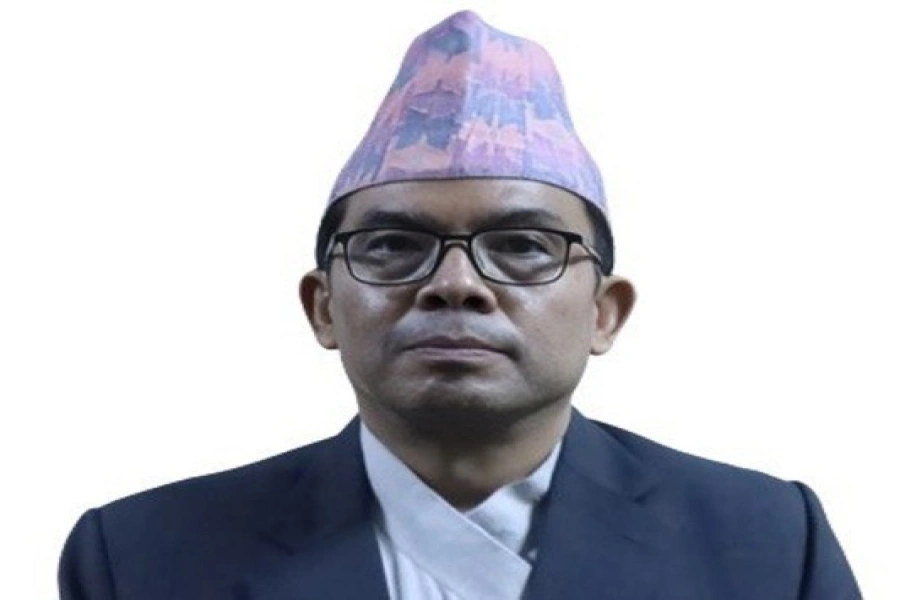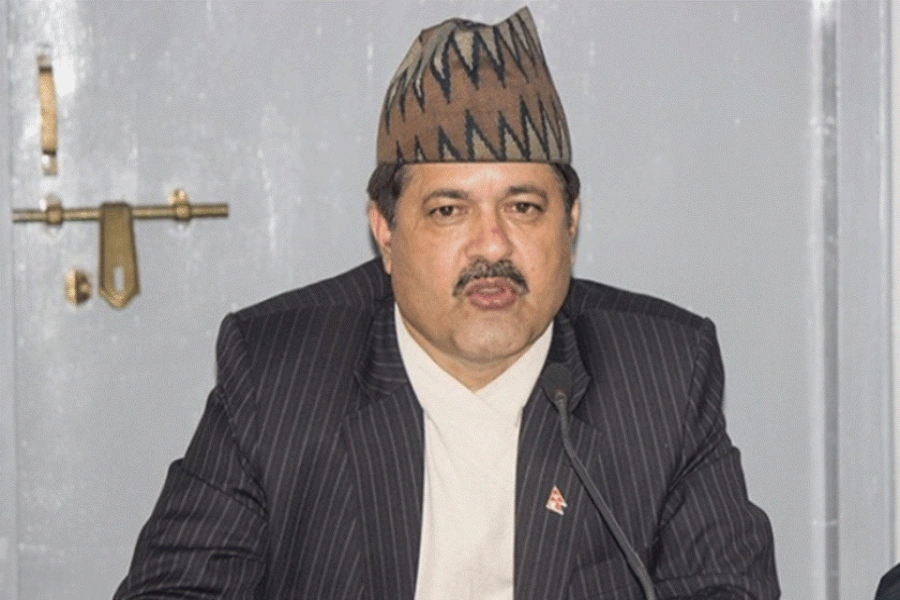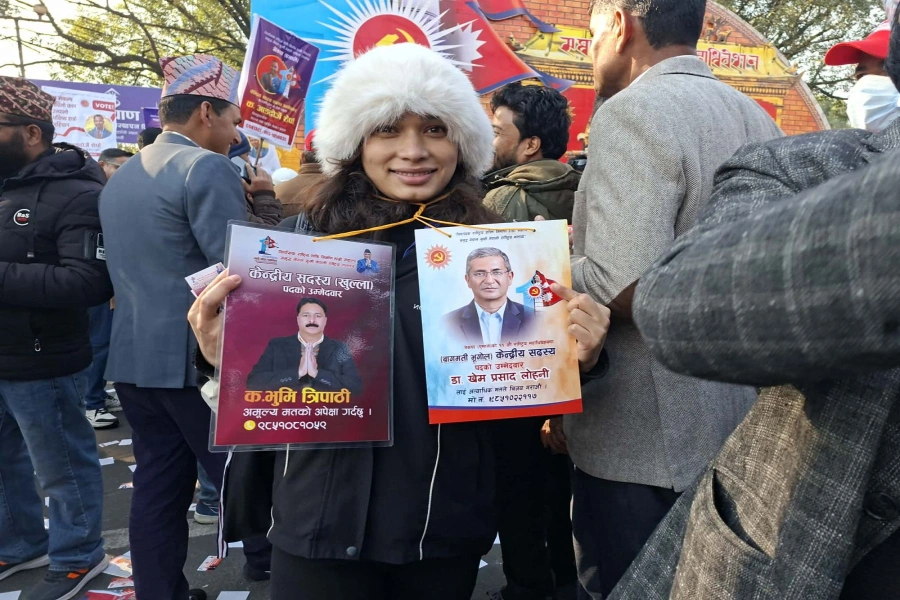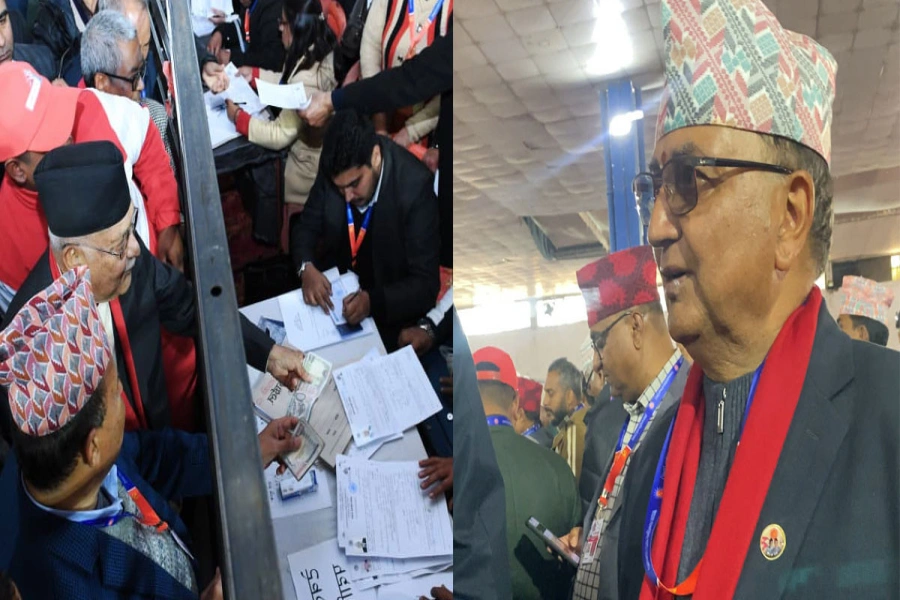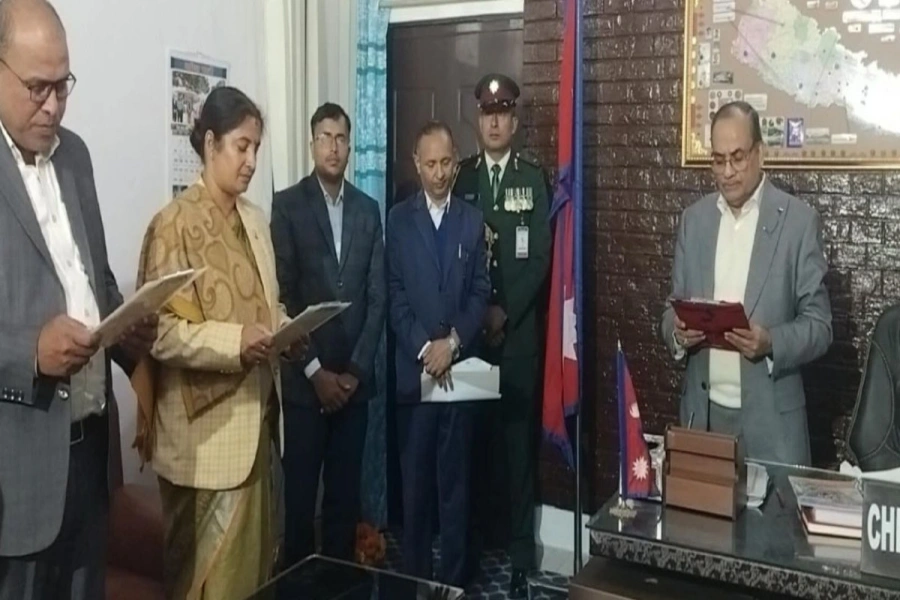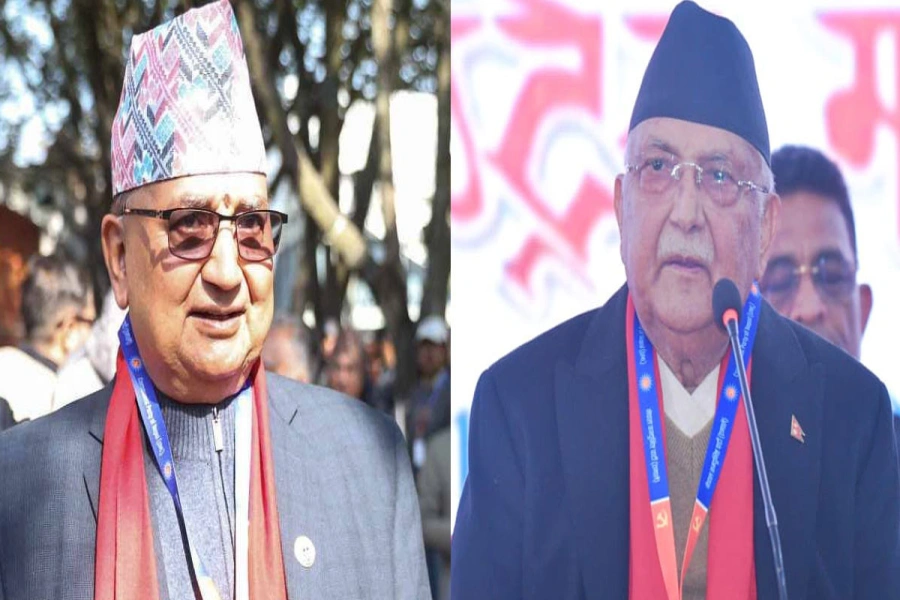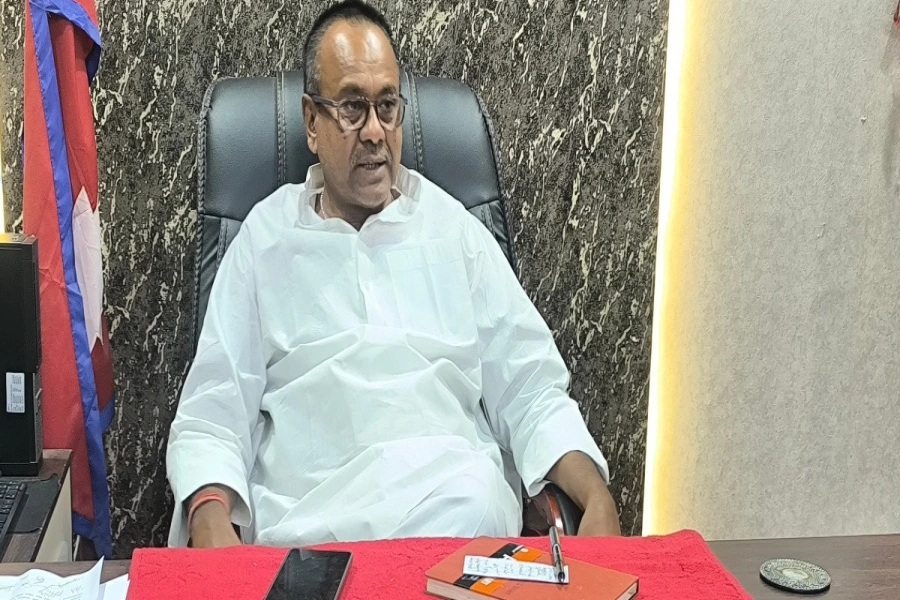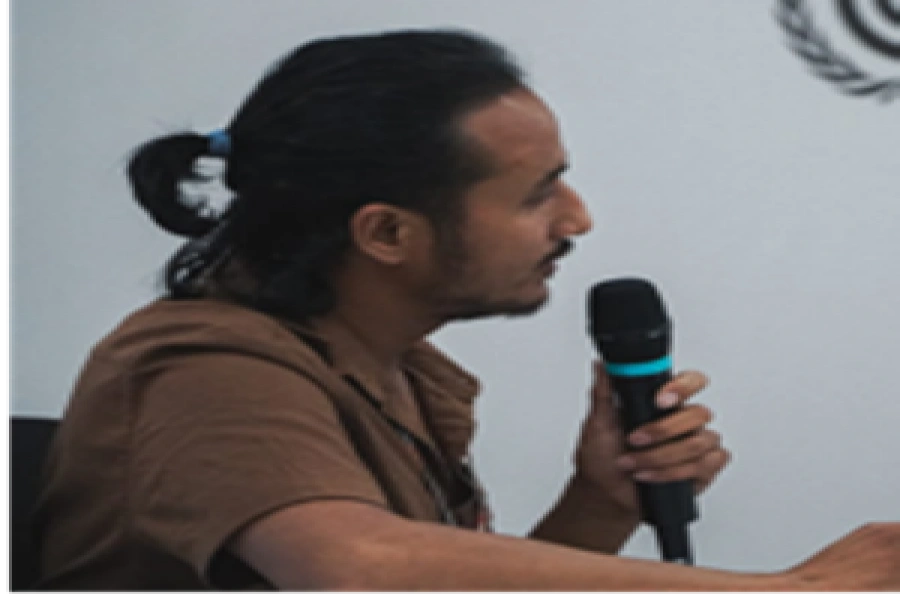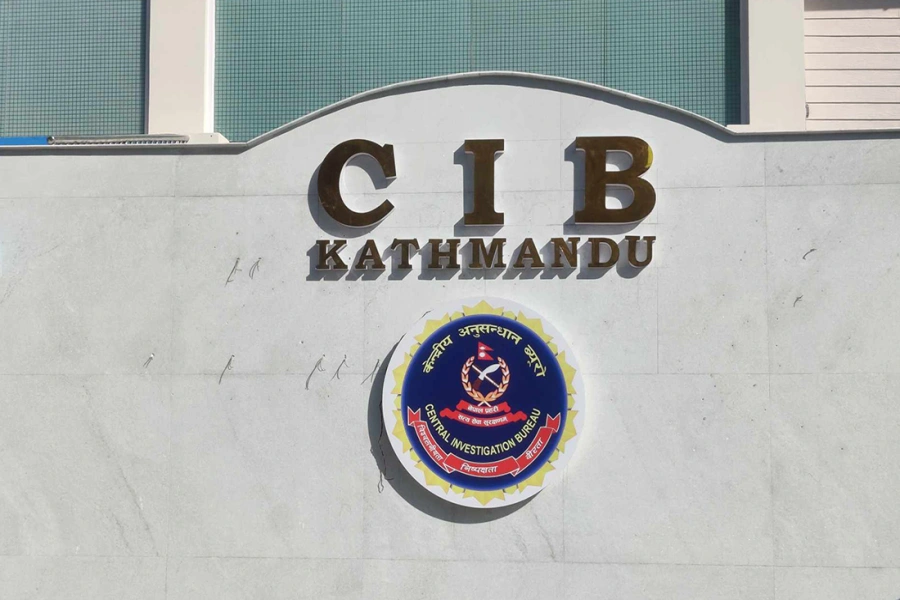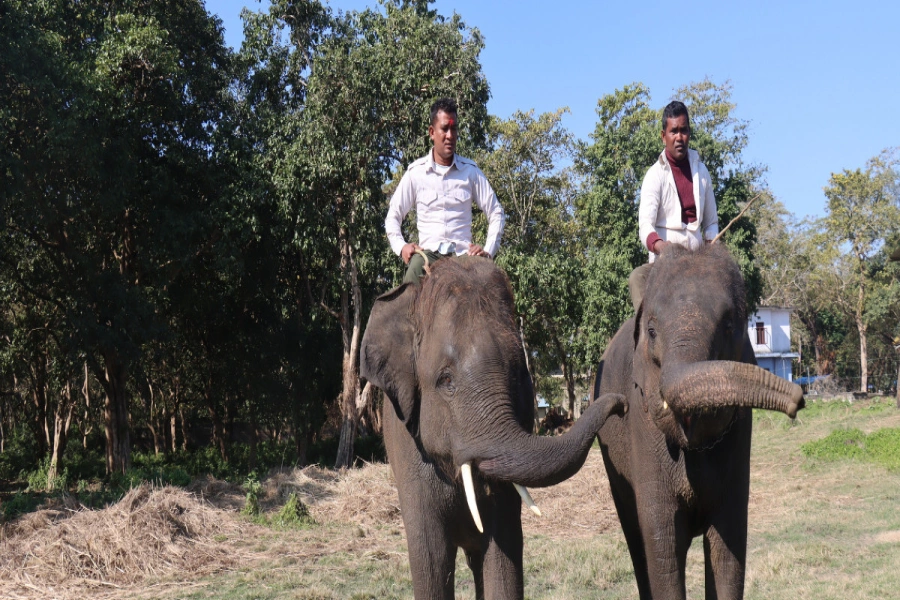PESHAWAR, Pakistan, Nov 5: The Afghan woman immortalised on a National Geographic cover says she is "heartbroken" at news she will be deported from Pakistan to the war-torn homeland she first fled decades ago.
Sharbat Gula, whose blazing green eyes were captured in an image taken in a Pakistan refugee camp in the 1980s that became the magazine's most famous cover in history, spoke to AFP from a hospital bed in Peshawar, where she is being treated for Hepatitis C.
"Afghanistan is only my birthplace, but Pakistan was my homeland and I always considered it as my own country," she said.
"I had decided to live and die in Pakistan but they did the worst thing with me. It's not my fault that I born there (in Afghanistan). I am dejected. I have no other option but to leave."
Gula, who says she is now 45, was arrested last week and accused of living in Pakistan on fraudulent identity papers following a two-year investigation. She is one of thousands of refugees using fake ID cards to seek safe haven from the violence roiling their own country.
The illiterate mother-of-four pleaded guilty to the charges in court Friday, her lawyer Mubashar Nazar told AFP.
National Geographic 'Afghan girl' denied bail in Pakistan

She was sentenced to 15 days imprisonment, after which she will be deported in a decision slammed by Amnesty International as a "grave injustice".
"She has already spent 11 days in jail," Nazar said, meaning she could be freed as early as Monday.
An Afghan consulate official said that a 110,000 Pakistani rupee ($1,050) fine also imposed on Gula has already been paid.
"We... will take her to Afghanistan in an honourable way on Monday," Abdul Hameed Jalili, counsellor for refugees at the Afghan consulate in Peshawar, told AFP.
"For decades, she was known as the world's most famous refugee and seen as a symbol of Pakistan's status as a generous host," said Champa Patel, Amnesty International's South Asia Director.
"Now, by sending her back to a country she hasn't seen in a generation and her children have never known, her plight has become emblematic of Pakistan's cruel treatment of Afghan refugees."
- 'Serious rights abuses' -
The 1985 National Geographic image of Gula, then aged 12, made her the face of Afghanistan's decades-long refugee crisis.
After a 17-year search, the photographer Steve McCurry tracked Gula down to a remote Afghan village in 2002 where she was married to a baker and the mother of three daughters at the time.
Pakistani officials say she applied for the fraudulent ID card in Peshawar in 2014.
The photo attached to the application has the same piercing green eyes and sculpted face seen in McCurry's famous image, only lined by age and surrounded by a black hijab covering her hair completely.
Her children will also return with her, though Gula told AFP her husband and one of her daughters have both died of hepatitis C.
Gula said she first arrived in Pakistan an orphan, some four or five years after the Soviet invasion of 1979, one of millions of Afghans who have sought refuge over the border since.
But since July hundreds of thousands have returned to Afghanistan in a desperate exodus amid fears of a crackdown, as Pakistan's famed hospitality ran out.
Last month UNHCR said more than 350,000 Afghan refugees -- documented and undocumented -- had returned from Pakistan so far in 2016, adding it expects a further 450,000 to do so by the year's end.
They face an uncertain future in an Afghanistan still at war and already overwhelmed by so many people fleeing fighting that officials warn of a humanitarian crisis.
"By forcing Afghan refugees to return across the border into the arms of an increasingly deadly conflict, Pakistan ... is putting the lives of vulnerable people at risk of serious human rights abuses," the Amnesty statement said Friday.






